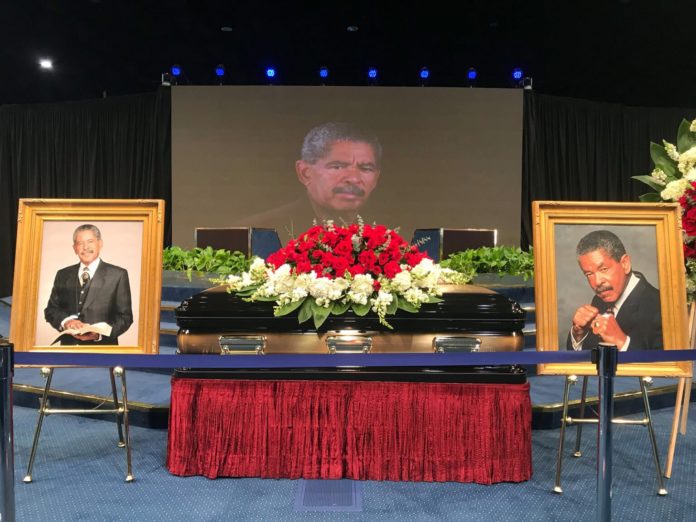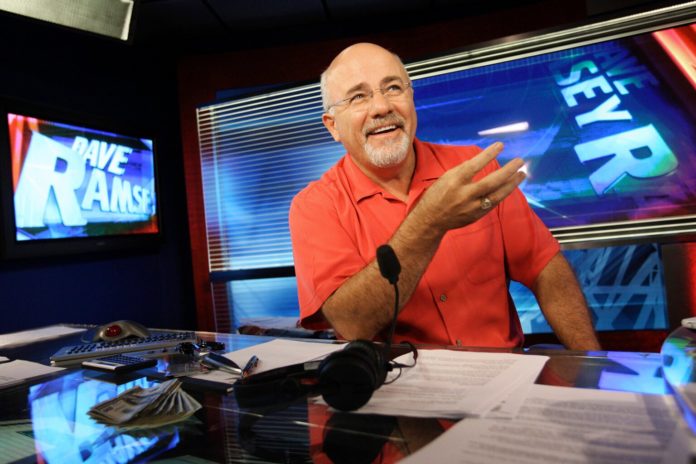(RNS) — On his final day in office, Trump and his administration declared China’s treatment of its Uyghur population a genocide. So far, President Biden has taken the United States in a different direction from his predecessor on almost every issue at hand, but on this question Biden’s foreign policy team has not backed down.
“My judgment remains that genocide was committed against the Uyghurs, and that hasn’t changed,” said Secretary of State Anthony Blinken shortly after taking office.
Then-Secretary of State Mike Pompeo’s January 19 statement outlined reasons for the designation, including the imprisonment of a million people, the use of sterilizations and abortion as state policy and forced marriages with members of the ethnic Han Chinese majority. Uyghurs have been relocated to work camps far away from their homes in Xinjiang Province.
Pompeo’s declaration was applauded by human rights groups and earned the Trump administration rare praise from Muslim American groups.
For its part, China strongly condemned the designation and dismissed the criticism of its treatment of the Uyghurs. “China has no genocide, China has no genocide, China has no genocide, period,” Chinese Foreign Ministry spokesman Zhao Lijian told reporters in response to Blinken’s comments in late January.
In the close scorecard-keeping of Washington politics, some Republican commentators point out that Biden has not used the term genocide himself since taking office and that he soft-pedaled the issue in a call with Chinese President Xi Jinping last month, despite raising the issue. Some State Department legal experts, they note, have reportedly disagreed with the designation on technical grounds.
But advocates for the Uyghurs say they expect the Biden administration to proceed on the understanding that China’s actions amount to genocide.
“We have a lot of hope that the administration will treat this not just as a human rights issue but as an active genocide,” said Rushan Abbas, executive director of the Campaign for Uyghurs. “With any administration change, there is an adjustment period, but, on this issue, we expect to see continuity.”
Abbas pointed out that Biden had labeled the treatment of the Uyghurs and related minority groups a genocide on the campaign trail, marking the growing concern from the American public about Chinese human rights violations. Recent polls have also shown bipartisan support among Americans for U.S. sanctions to pressure China.
What’s not clear is just how Biden plans to pressure Beijing. “The Biden administration has maintained the genocide designation and the (Trump administration’s) sanctions on products produced by Uyghur forced labor,” says Tahir Imin, a Uyghur activist, “but we haven’t seen concrete new steps to address the crisis from the new administration so far.”
If the genocide designation has become a political football in Washington, the question is not a semantic one for Uyghurs such as Imin, who saw first hand Beijing’s system of concentration camps as a political prisoner. He spent nearly two years in prison for his activism in a Uyghur culture facing torture, labor and other hardships. A ten-month portion of his imprisonment took place at an intensive labor re-education camp, where food was scarce and Communist indoctrination was constant.
And new details of how dire the Uyghurs’ situation is continue to emerge. Last month the BBC reported the systematic rape and other forms of sexual assault perpetrated on Uyghur women.
“I couldn’t sleep at night after reading that report,” said Abbas, whose sister was abducted in Xinjiang two and half years ago and is believed to be held in a Chinese concentration camp. “How can Western institutions do business with a regime that takes a medical doctor and turns her into a textile worker and into a slave?” she asked.
This article by Joseph Hammond originally appeared here.



















